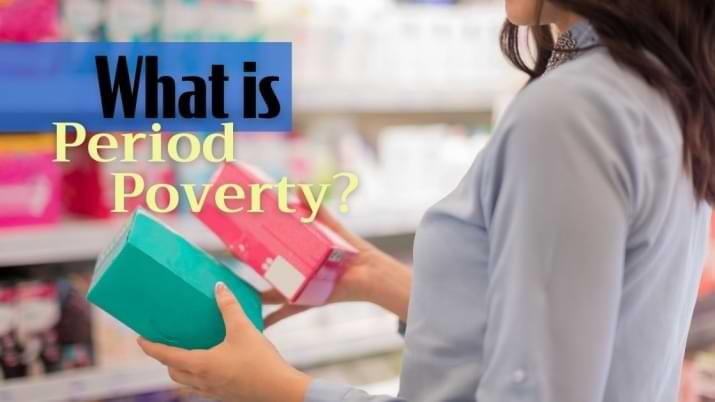
Periods Won’t Stop But Poverty Can
It’s the time of the month to discuss poverty. Do you know what poverty means? When I was young, and someone said the word “poverty”, I imagined starving children in foreign lands. Popular organisations at the time had well-known ads over tv screens portraying the narrative of extreme drought and famine.
Now, with a greater understanding of the world, it’s clear that poverty isn’t exclusively experienced by starving children in Africa. Of course, there are horrible examples of that, but poverty is extremely nuanced. It takes many different forms and isn’t just an object you have and can throw away. Poverty is in everyone's back yards. It doesn’t discriminate based on race, gender and or continent.
On International Day for Eradication of Poverty, we’re invited to have the tough conversations. What is poverty, and how can we make a positive difference? Poverty means lacking enough resources to provide the necessities to live. Food, clean water, shelter and clothing, access to health care, education and even transportation are some of the examples. There are many different symptoms of this, and one affecting 50% of the population is period poverty.
“Women and girls have human rights, and they have periods. One should not defeat the other”—Hannah Neumeyer
What is Period Poverty?
Period poverty is a symptom of poverty and the high prices of sanitary items such as pads and tampons. Those who menstruate and are already struggling to make ends meet are forced to choose between a meal and sanitary items. With food being a necessity for life, most are forced to use things such as toilet paper, rags and newspaper etc. for their periods. Some are even forced to trade sex for tampons and pads. In Kenya, which is ranked one as the poorest countries in the world, 65% of those with periods are unable to afford period products. Two out of three pad users rely on their sexual partners to provide their products. Of course, Kenya is not alone in this issue. In the US, nearly 12 million women live below the poverty line and don’t have access to have sanitary products.
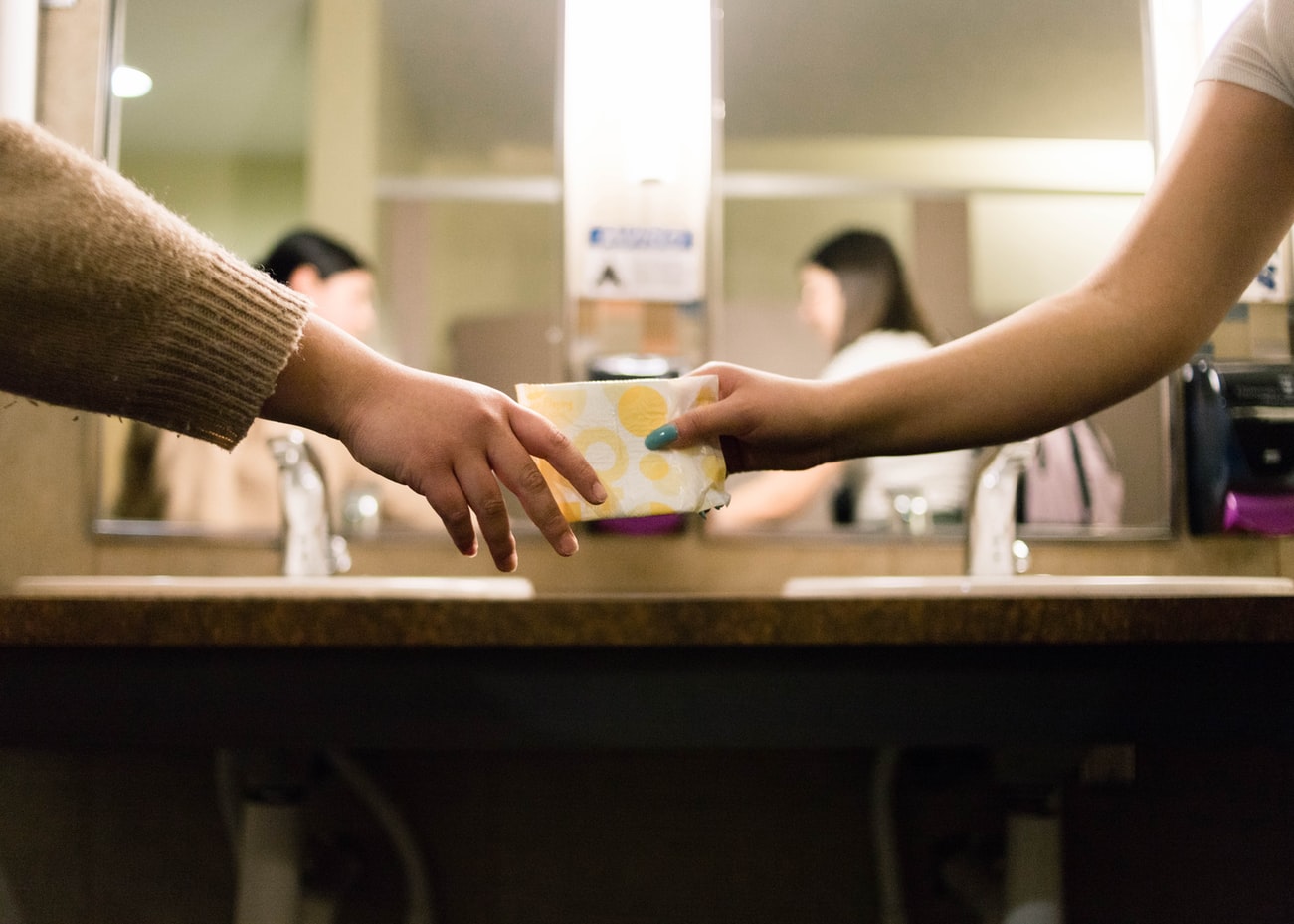
Why is it such a big issue?
Aside from the fact that menstruating is not a luxury, yet period products are taxed as a luxury item and having access to proper hygiene is a RIGHT. The gender gap is widened due to this issue. If those who have periods don’t have period products, they are unable to attend work or school. In the US, 20% of girls have missed school because they didn’t have sanitary items. The Covid-19 pandemic has drastically affected period poverty too. Food stamps or other government-funded support programs for poverty, do not cover menstrual products. The health effects to poor menstrual hygiene is extremely concerning too. Those using improper sanitary items are put at risk of dangerous infections and toxic shock syndrome.
“A period should end a sentence. Not a girls education” — Rayka Zehtabchi
What can you do?
Talk periods: Scream it from the rooftops and break down the stigma in your community. The taboo that goes alongside period conversations exacerbates period poverty. as the majority of people don’t even know it exists! Periods have also been taught as a “dirty” and “shameful” topic, which makes it uncomfortable to talk about and hard for victims to seek support. It’s time to eradicate that old mentality that is keeping women away from being able to thrive! It’s ridiculous. We still get uncomfortable about a natural thing that happens once a month for an average of 40 years to half the population? We need to abolish the discomfort so we can have conversations about period poverty to make a difference!
Social Media: We’re all using Instagram anyway, why not use it for good? #MeToo and #BlackLivesMatter have taught us the power of incorporating social media in social impact campaigns! If you feel passionate about equality, education, hygiene and opportunity then take to social media with the hashtags #StopThePeriodTaboo #FreeThePeriod #ItsBloodyTime #PeriodPoverty #WeComeFromTheBlood & #PeriodPositivity. Sharing this with your community educates others on the issue. It continues the crucial conversations helping erase the discomfort of period topics.
Sign petitions to lower period tax and make period products more accessible.
Donate: Many shelters have had to shut down during the Covid-19 pandemic, which has made period products almost impossible for the homeless. They need donations! You can donate packets of tampons, pads, menstrual cups and wipes to shelters, neighborhood houses and charity stores.
Take action NOW: If you want to raise your voice about this issue, then share this article! The more people that get exposure to the conversations around period poverty, the better. It seems like a no brainer as well, right? It’s safe to assume we all agree that those with periods should have equal opportunity and access to period products. The majority of people don’t know about the issue or how they can make an impact. Use your voice for the good of all. You can share this message with a click of a button!


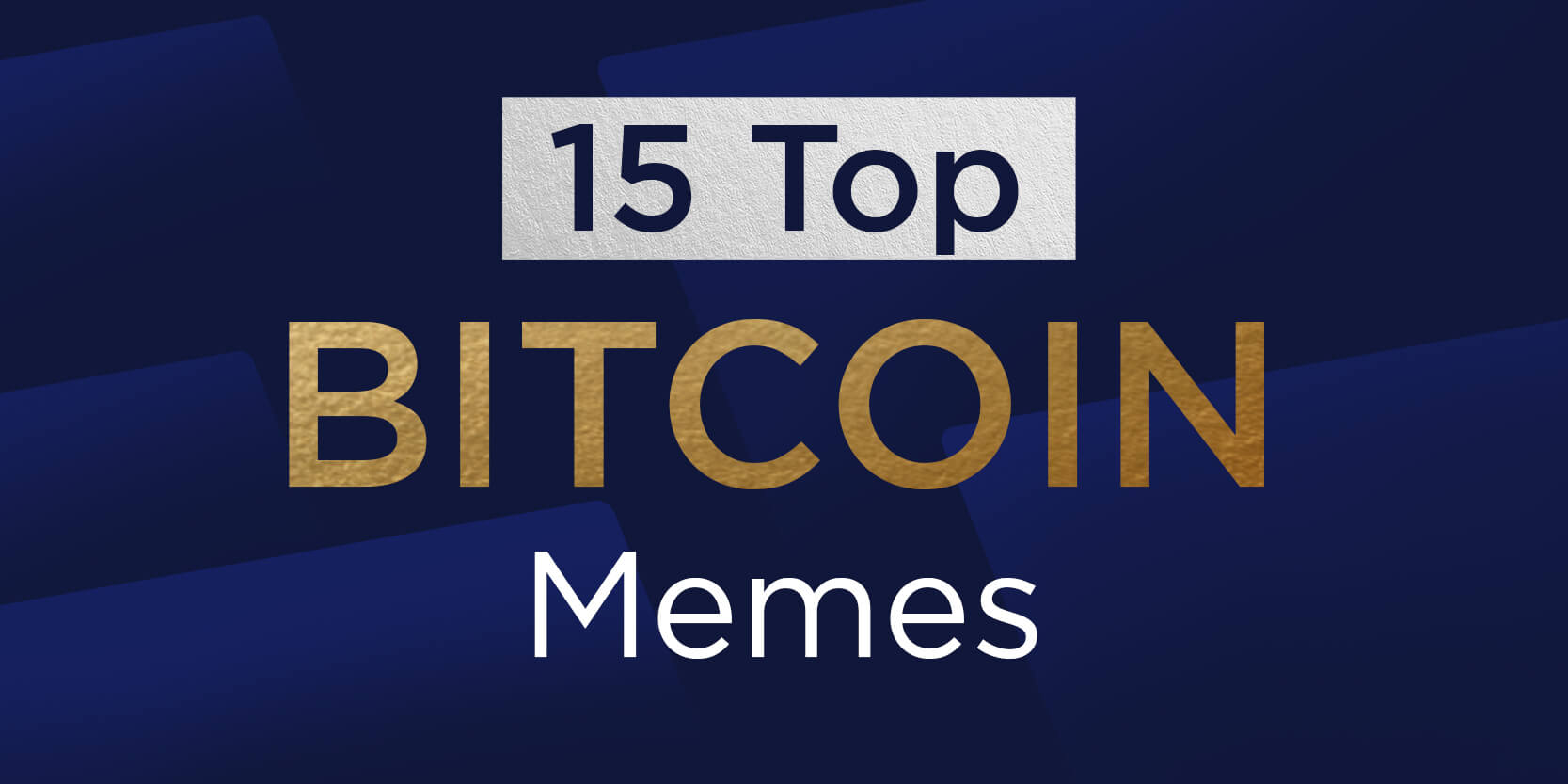
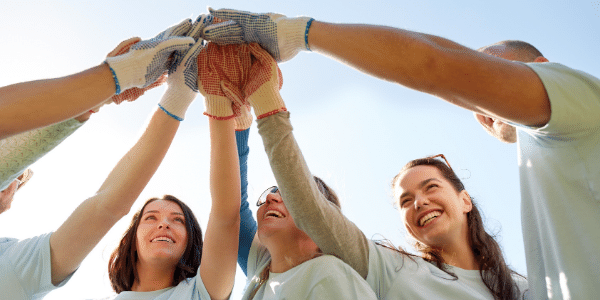
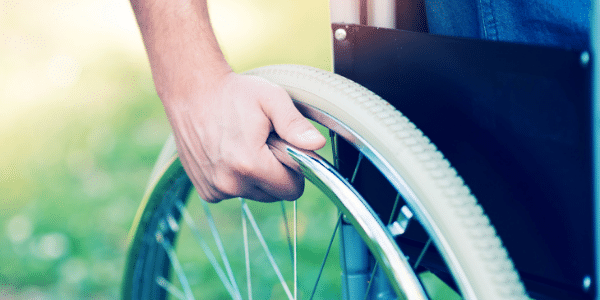
Leave a Reply
1 comments
Add comment ×